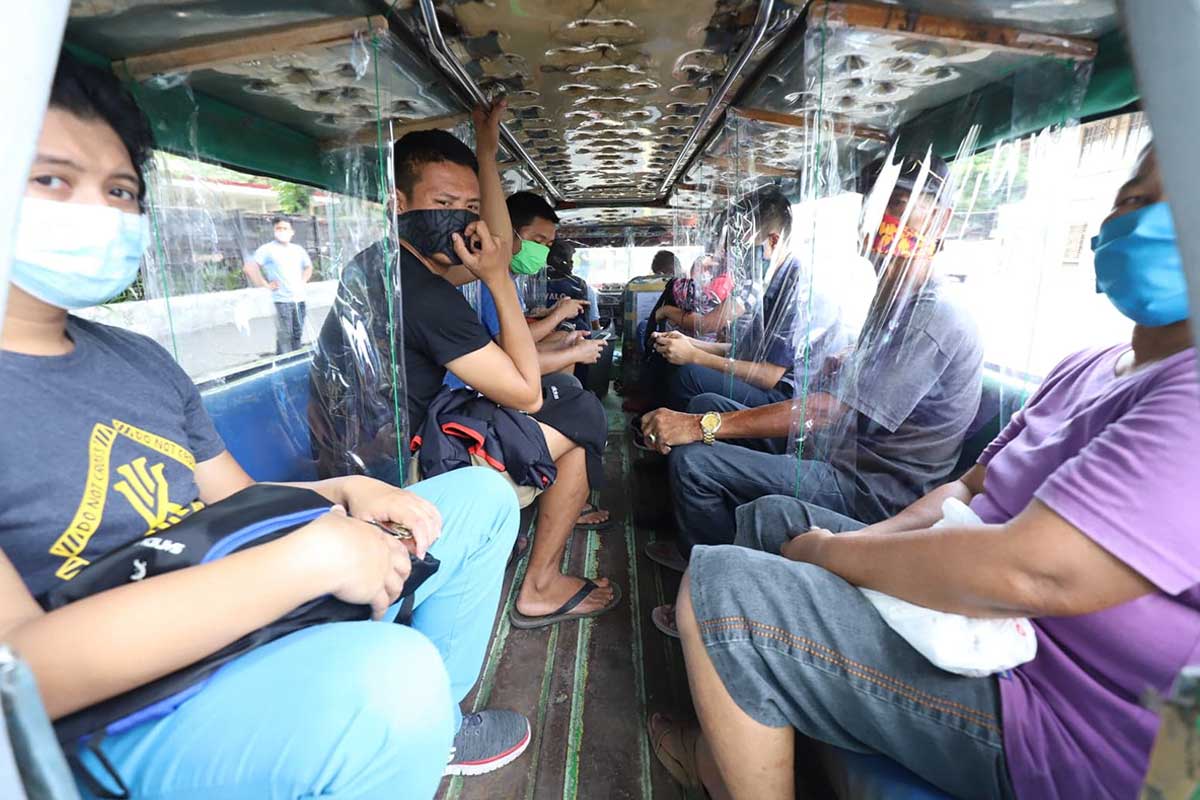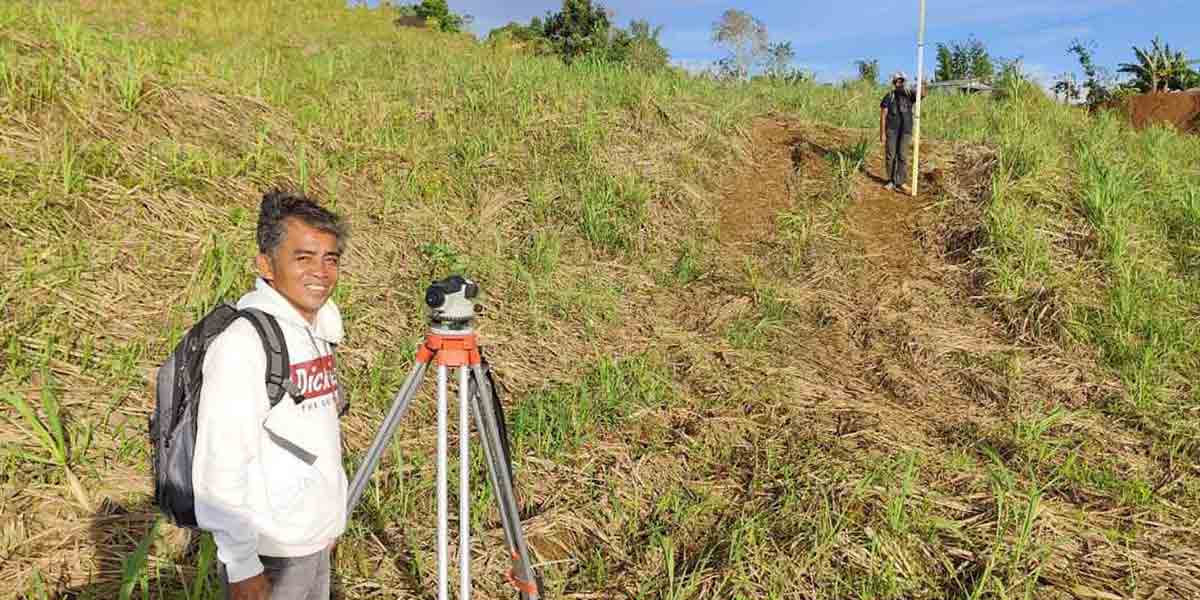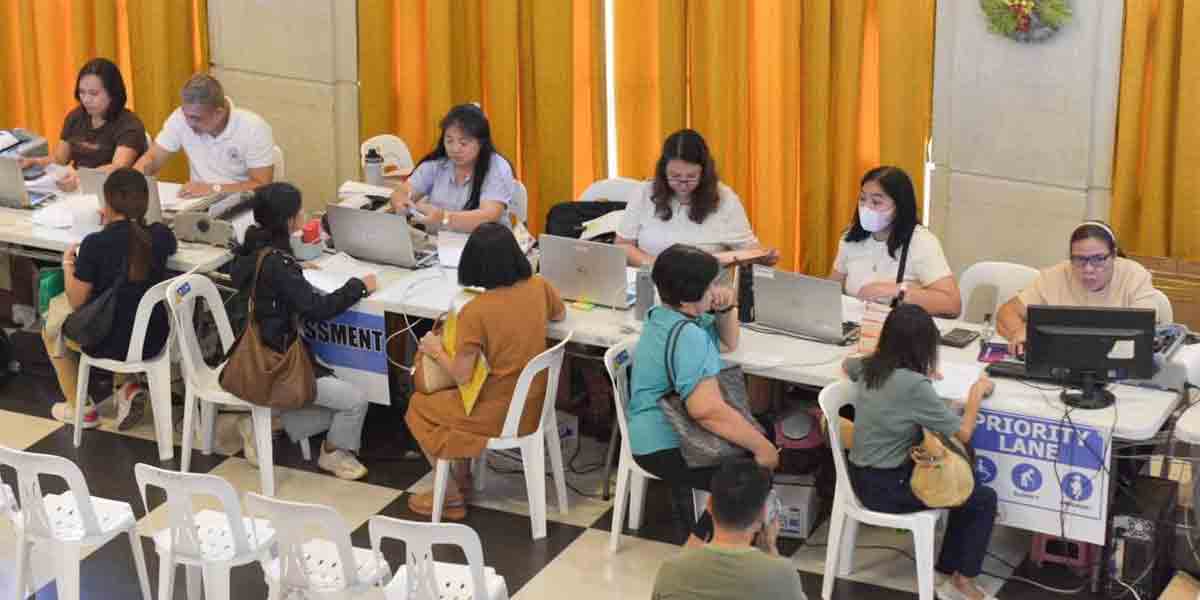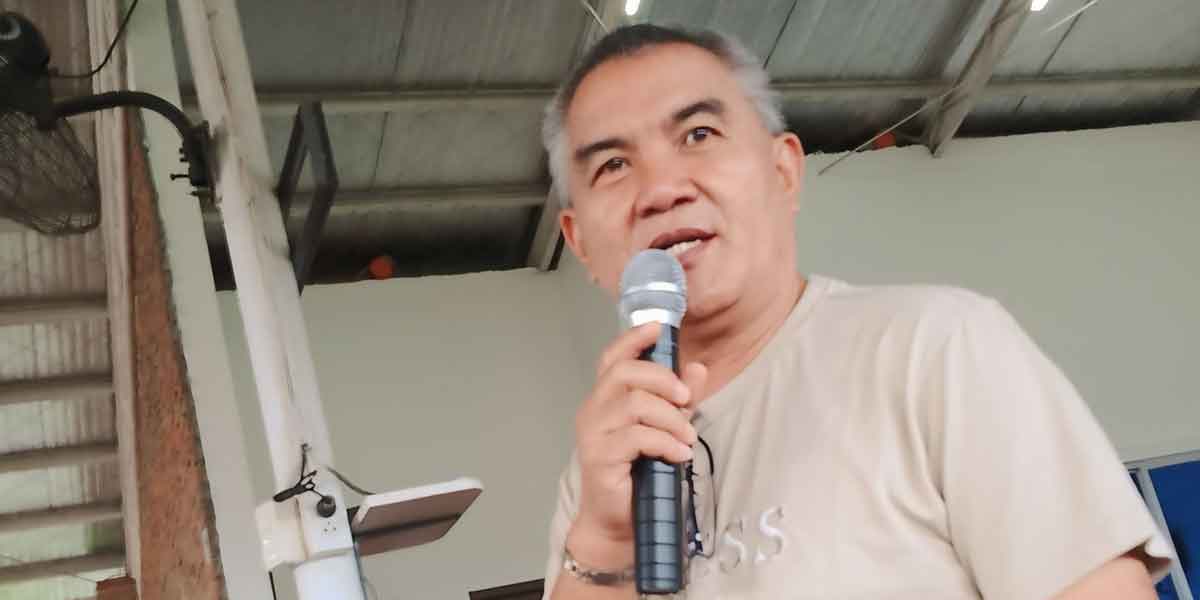
By Joseph B.A. Marzan
The chairperson of the Iloilo City Council’s Committee on Transportation on Saturday said the transport sector’s proposal to raise fares will impact commuters’ lives, particularly their earning, amid the coronavirus disease 2019 (COVID-19) pandemic.
Transport sector groups have called on the Department of Transportation (DOTr) to raise fares for jeepneys to an average of P3, citing rising oil prices and the persistent economic impact of the pandemic to the sector.
The Department of Energy’s monitoring as of October 5 indicated that fuel prices from Oct. 5 to 11 in Visayas increased by up to P1.45 per liter for gasoline and P2.05 for diesel and kerosene.
DOTr Secretary Arthur Tugade on Oct. 12 rejected calls for a fare hike, citing a P200-million program to assist transport sector workers affected by the COVID-19 pandemic and various lockdown iterations.
In several interviews, local transport leaders in Iloilo City also called on the national government to reconsider the disapproval and increase fares by at least P2.50.
Councilor Rommel Duron, chairperson of the Committee on Transportation, told Aksyon Radyo Iloilo on Saturday that he has scheduled a public consultation on the matter on Oct. 21.
Duron said that the public consultation was necessary as an impending increase in transport fares may also affect commuters, emphasizing their own economic concerns during the pandemic.
He also suggested that the Land Transportation Franchising and Regulatory Board (LTFRB), the agency tasked in regulating jeepney fares, should conduct a hearing on the matter, which the city council will support.
“We want to see if the transport sector’s request is timely. While I sympathize with them, we have to consider the whole of the community. In a way, this is a matter of the LTFRB, and we will participate in that too, but anyway we will be doing our job as chair of the Committee on Transportation to hear out all sides,” Duron said.
Duron, a former regional hearing officer of the LTFRB, explained that as a business imbued with public interest, the factors included in considering fare raises include cost of maintenance of jeepney units, loan payments, operators’ and drivers’ income, and commuters’ minimum wage.
He warned that any abrupt increase in jeepney fares will affect how commuters allocate their earnings, especially that these have become measlier during the pandemic.
“In fares, we are also considering the difficulty for the passenger. These are minimum wage earners, and we have to admit that it would be difficult for everyone, not just for the transport [sector]. As to my knowledge, some work for 3 days instead of 6 days because of reduced [protocol]. Those coming to the city are also getting fewer,” he said.
Duron said public consultation would be the only way to ensure that there would be basis for the city council and the LTFRB to support fare hikes.
But citing his personal observation, the fare increase would be necessary, given the context of the oil price hikes, and “domino effect” on consumers.
“As I’ve said, the increase of fares, especially to those with reduced work, it will be an additional burden. There will be people who will be affected. The burden will be on the people who will look for ways to fit their budget to adjusted rates,” he added.
He also agreed with the idea to stop DOTr’s “Libreng Sakay” program in the city and the funds to be re-allocated to subsidizing drivers’ fuel.
He also floated the idea of allocating funds from the city to support jeepney operators and drivers.
The findings of the public consultation on Thursday will be forwarded to LTFRB-Region 6 and the city council.






















